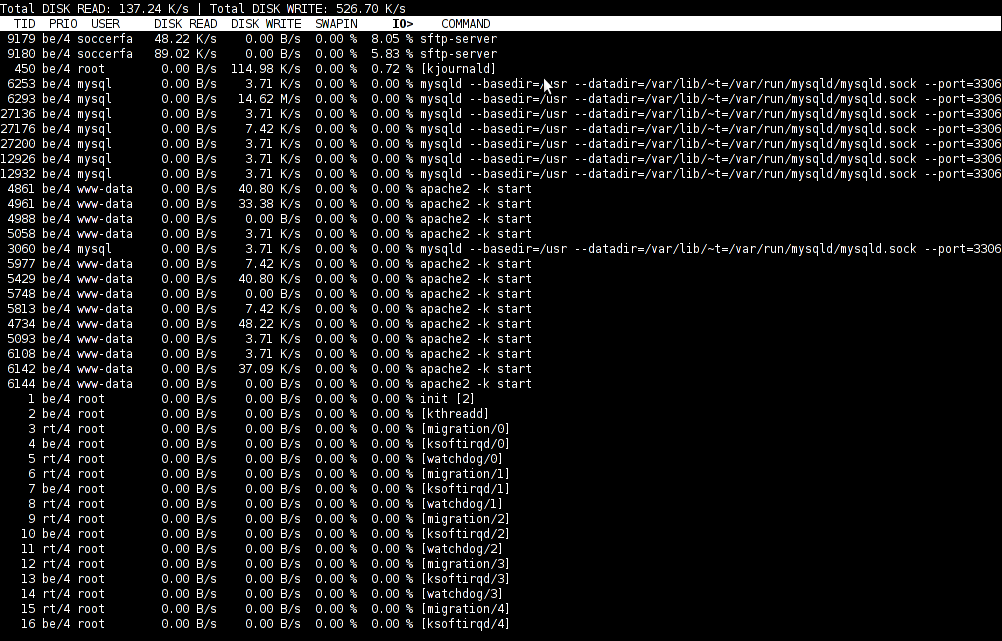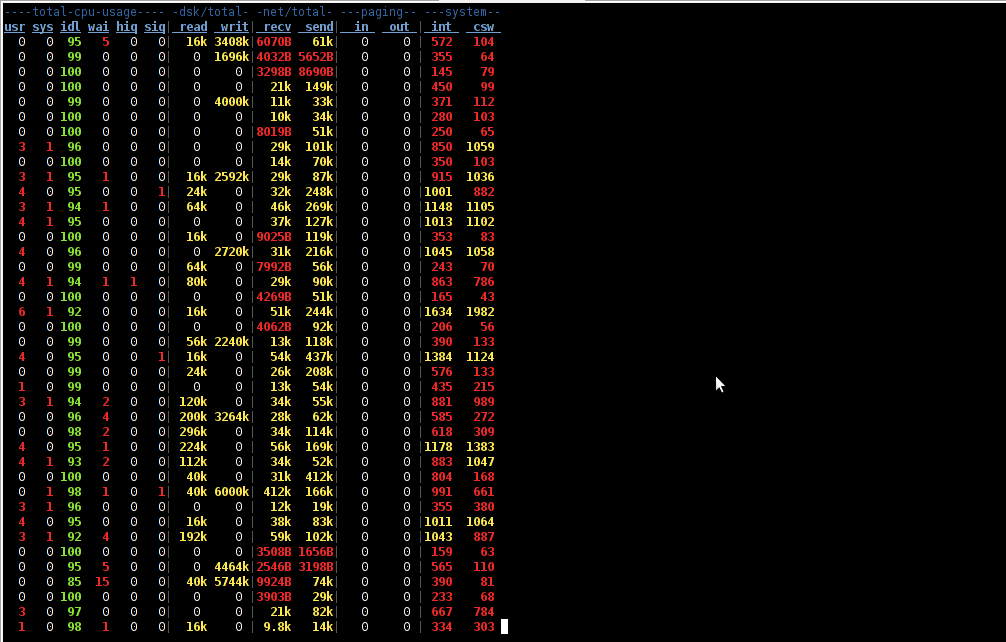I'm on a way trying to install Free Mega Games Pack and I'm facing troubles in following the instructions to add a the latest development wine version described on http://www.winehq.org/download/ubuntu
The guys from WineHQ has to update the wine install instructions, since the instructions are targetting older versions of Ubuntu which are not compatible with newer Ubuntus which comes natively with Unity
In order to complete the step in adding the WineHQ Ubuntu PPA development repository my only way was to add it using command line.
Here is how:
root@ubuntu:~# apt-add-repository ppa:ubuntu-wine/ppa
You are about to add the following PPA to your system:
Latest official WineHQ releases
Welcome to the Wine Team PPA. Here you can get the latest available Wine betas for every supported version of Ubuntu. This PPA is managed by Scott Ritchie, and is a replacement for the WineHQ budgetdedicated.com repository used for Jaunty and earlier.
More info: https://launchpad.net/~ubuntu-wine/+archive/ppa
Press [ENTER] to continue or ctrl-c to cancel adding it
Executing: gpg --ignore-time-conflict --no-options --no-default-keyring --secret-keyring /tmp/tmp.bvo21sFWKG --trustdb-name /etc/apt/trustdb.gpg --keyring /etc/apt/trusted.gpg --primary-keyring /etc/apt/trusted.gpg --keyserver hkp://keyserver.ubuntu.com:80/ --recv 883E8688397576B6C509DF495A9A06AEF9CB8DB0
gpg: requesting key F9CB8DB0 from hkp server keyserver.ubuntu.com
gpg: key F9CB8DB0: public key "Launchpad PPA for Ubuntu Wine Team" imported
gpg: no ultimately trusted keys found
gpg: Total number processed: 1
gpg: imported: 1 (RSA: 1)
Similarly adding a PPA repository on Debian is also possible by using a little shell script add-apt-repository.sh . add-apt-repository.sh simulates what ubuntu's apt-add-repositry python script does.
It is educative to mention PPA stands for (Personal package Archive) and the difference between normal repository and PPA is mainly in the fact that PPA repositories makes a package distributed by the repository like the native Ubuntu packages issued by Canonical.
Once for example a new version of a file is placed in PPA deb package repository, the newer package will be automatically installed to the system using it.






